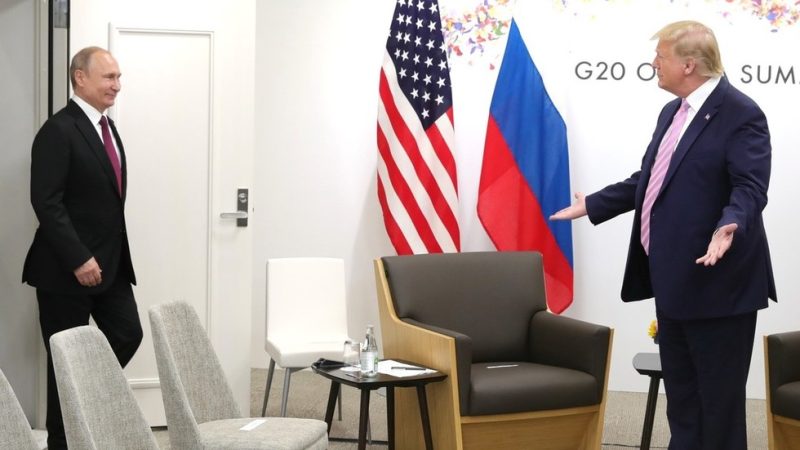
President Donald Trump has reportedly instructed his team to expedite arrangements for a meeting with Russian President Vladimir Putin, according to CNN. This follows a recent visit by special envoy Steve Witkoff to the Kremlin, a trip Trump lauded as having yielded significant progress. The urgency surrounding this potential summit raises several key questions.
The nature of the “progress” achieved during Witkoff’s visit remains undisclosed, fueling speculation about the topics that might be on the agenda for a Trump-Putin meeting. Potential discussions could range from arms control and nuclear disarmament to the ongoing conflict in Ukraine and broader geopolitical strategies. The lack of transparency surrounding these negotiations adds an element of uncertainty to the situation.
This sudden push for a meeting contrasts with the often tense relationship between the US and Russia. Past interactions between Trump and Putin have been marked by controversy, and the potential for significant diplomatic breakthroughs or further escalation remains high. The speed at which Trump desires this meeting suggests a pressing need for direct engagement, though the specifics of that need are yet to be revealed.
Experts are divided on the potential outcomes of such a summit. Some believe that direct dialogue between the two leaders is crucial for de-escalating tensions and finding common ground on critical issues. Others express concern that a hastily arranged meeting could lead to concessions that harm US interests or fail to yield tangible results. The lack of public information about the goals and parameters of the proposed summit only intensifies these concerns.
Ultimately, the timing and substance of a Trump-Putin meeting will be closely watched by global leaders and citizens alike. The implications for international relations, global security, and the future trajectory of US-Russia relations are substantial, making this a development that demands careful consideration and analysis.









